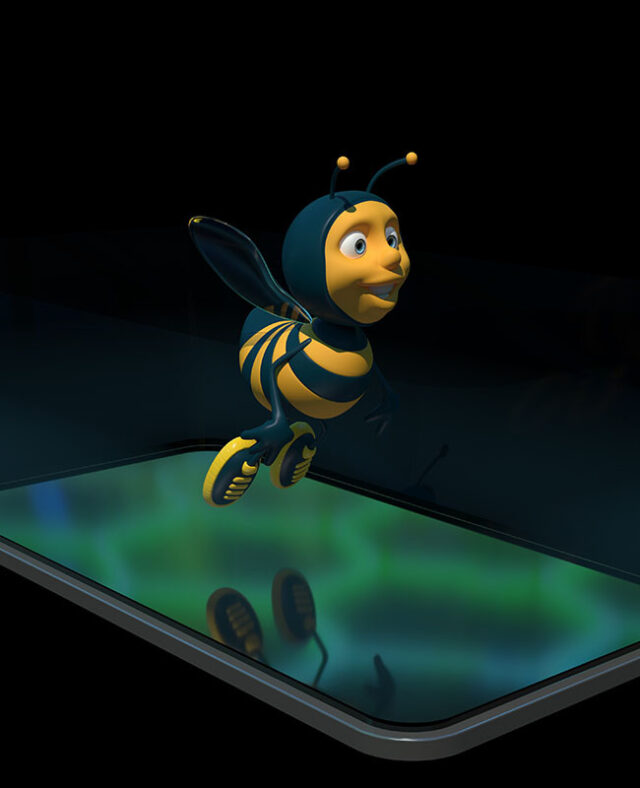FX Artist Courses in Pune
FX Artists—What Are They?
FX Course Skills
Our FX Artist courses teach a variety of skills that help students become skilled and imaginative VFX Animation
professionals:
- Tech-savvy: Houdini, Maya, and Adobe After Effects expertise.
- Simulation Techniques: Realistic simulations of natural and abstract events.
- Developing innovative problem-solving skills for visual effects.
- Learn how to manage projects from inception to conclusion to guarantee timely and high-quality delivery.
- Collaboration and communication skills are vital for working with varied production teams.
Start FX Artist Courses Today
Open Verse VFX Academy in Pune helps you become a skilled FX artist. From basics to sophisticated methods, our visual effects courses cover it all. Our academy is ideal for professional development due to its skilled instructors, cutting-edge facilities, and industry-standard curriculum. Enroll today to start learning visual effects!
COURSE DURATION
PROGRAM OVERVIEW
FX artists create the mindblowing effects seen on screen or in games, but this job requires the ability to engage successfully in troubleshooting. An FX artist may be asked to work on things like smoke, fire, destruction, and water, but even smaller tasks such as an object colliding with another object or simulating liquid in a glass.
The goal in creating all of these effects is to do it seamlessly so the audience doesn’t think about the fact that the effects are computer generated.
The job of the FX artist is essential in today’s entertainment business, as most films/tv shows/games require digital effects.
SYLLABUS
- Orientation/basics
- Project techniques
- Workflows – modelling
- Texture and shading
- Animation
- Lighting and rendering (Mantra)
- Project
- Industry techniques
- Digital destruction
(Rigid body dynamics) - Advanced fluids
- Group project
- Career prep and demo reel
- Junior FX artist training
- Self-personality development
- Placement and program certification
COURSE FEATURES
Analytical
Technical
Creative
Soft skills &
career prep
100%
placement rate
Project-based techniques
Industry professionals
(one on one interactions)
Supervised & Unsupervised classroom & studio access
Demo
&
Lectures
Individual &
Group
projects
Extensive training library & online resources
Industry
studio
tours
FAQ
You want to be an advanced level knowledgeable person then you have to be updated until today about various techniques, new tech, and also industry updates like software knowledge Fusion RealFlow, PFTrack, Nuke, 3ds Max, Autodesk Mudbox, FumeFX, Adobe Photoshop, Adobe After Effects, Mocha, etc.
Most software does a specific task in a similar way. You have to understand visual effects isn’t about software. Most big studios don’t even use off-the-shelf software; they have their own propriety tools. Visual effects are about knowing the principles, techniques and problem-solving. Once you are good with that you can apply that knowledge to any software.
You will need training and experience in all forms of makeup: standard cosmetics, theatrical, and film makeup. You will also need to develop significant fine arts skills in drawing, painting, sculpting, molding, and casting. You should not be afraid of chemistry and mechanics, either. Years of practice and training are required, and the supplies aren’t cheap.


